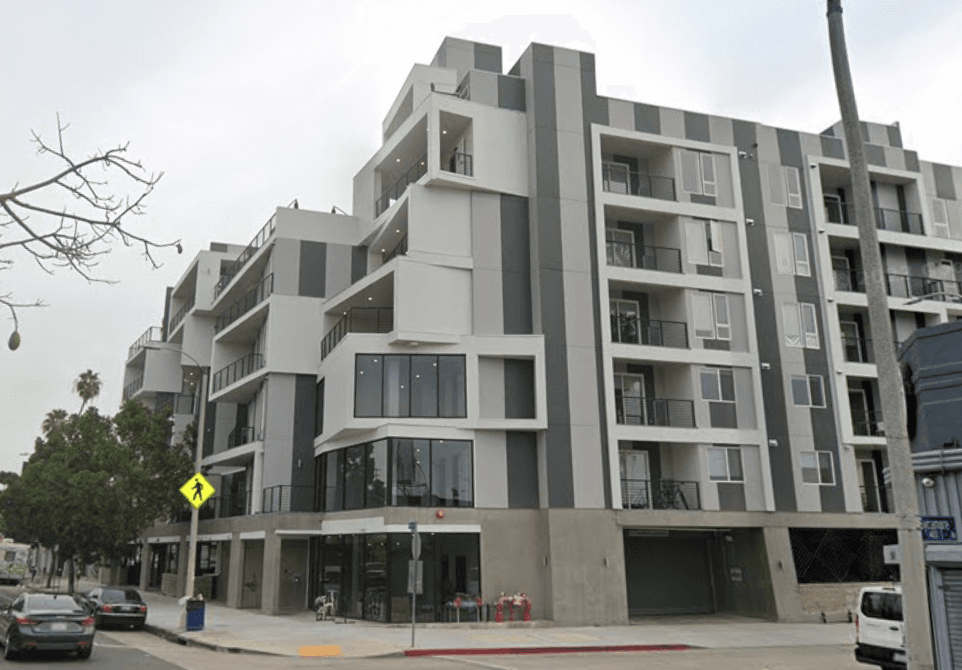Commentary
The progressive mantra, as articulated by former Chicago mayor and Obama chief of staff Rahm Emanuel, is, “You never want to let a serious crisis go to waste.” From the beginning, many such policymakers seized upon the COVID-19 pandemic crisis to implement new measures, mostly through “state of emergency” orders, which they could previously only dream about.





